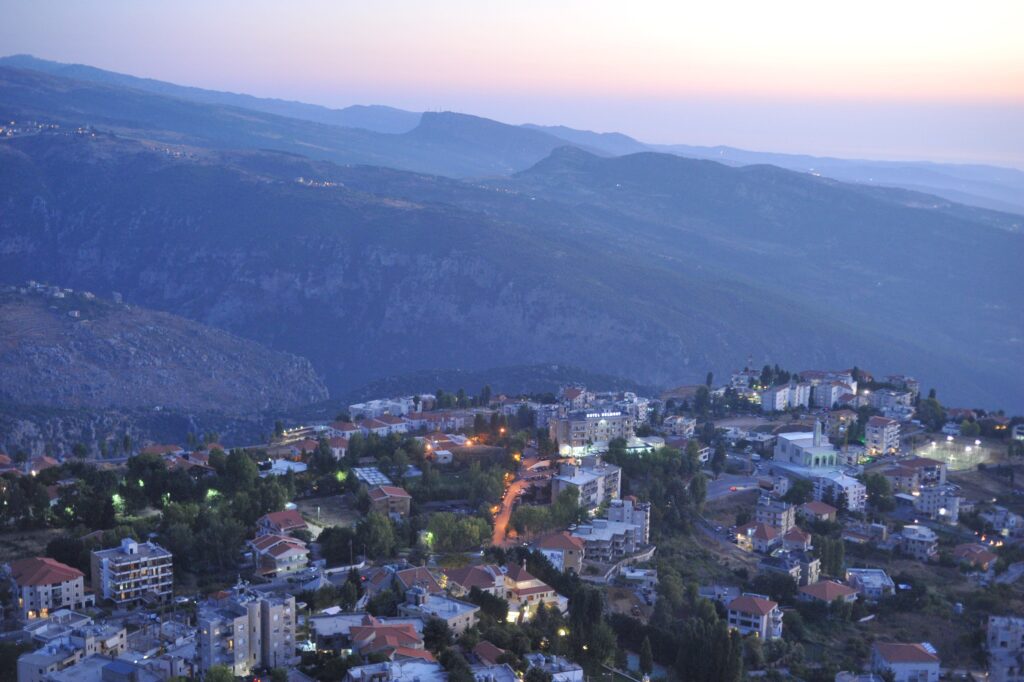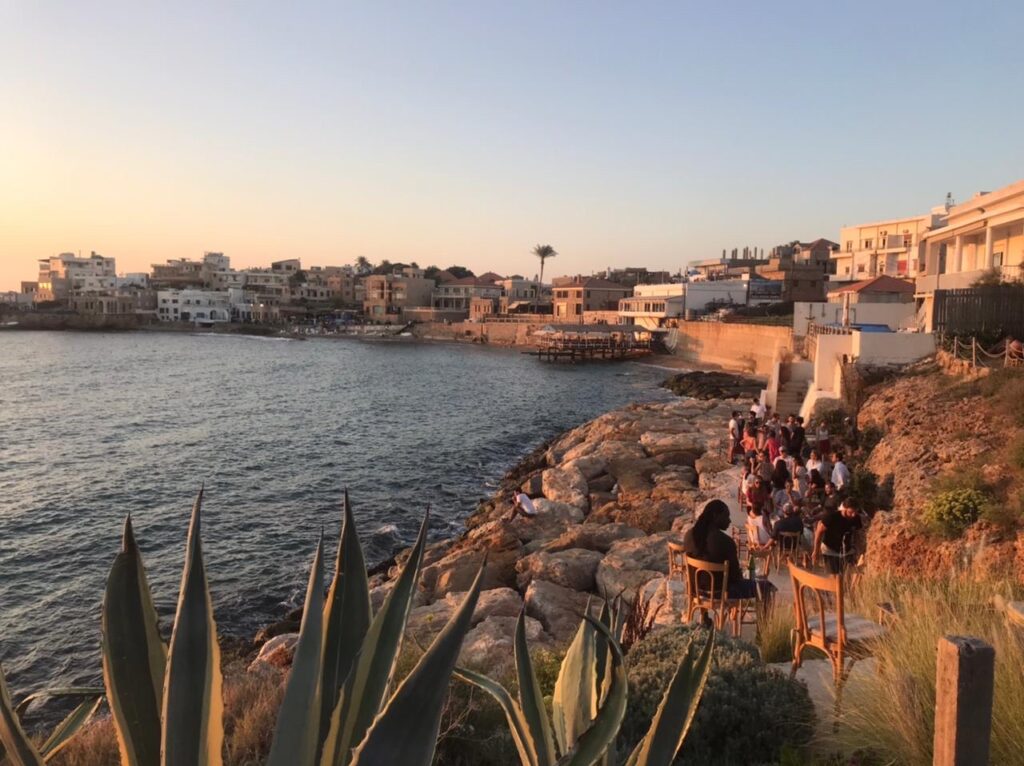Problem Statement
Corruption in the electricity sector has been a major constraint to economic and social progress in many countries. Over decades, criminal activity and mismanagement of the electricity supply in Lebanon have deprived the people of their right to reliable and affordable power.
- Frequent power outages leave most families without access to reliable electricity, forcing many of them to resort to expensive and polluting local networks supplied by diesel generators.
- The unreliability of the electricity supply is a major contributing factor in the current economic collapse of the country, resulting in the devaluation of the Lebanese pound (LBP), high inflation, and a large increase in unemployment and poverty.
The increased numbers of diesel generators in dense residential neighborhoods are having a substantial negative impact on the environment and public health.

The nature of the challenges we face today—climate change, gross income and gender inequality, societal manipulation through artificial intelligence and big data—have no clear start and end points, are often symptoms of other problems.
They are ‘wicked’ problems, that are not well addressed through traditional approaches. Take the use of diesel generators in Lebanon: they represent an individual building’s—and sometimes a neighborhood’s solution—to unreliable electric central power supply. They solve one problem but create hundreds more, from exhaust fumes that lower children’s IQs and trigger heart attacks in our elderly, CO2 emissions from delivery trucks that create traffic congestion. They even strengthen the political class through new opportunities for corruption breeding patron-client relations, making a comprehensive fix to the central power system all the more unlikely.
Amidst the poor general state of the sector, one area of Lebanon has managed to operate a private utility that provides a reliable and high-quality electricity service – Électricité de Zahlé (EDZ) – which covers the city of Zahle and 16 surrounding villages. EDZ’s technical losses stand at only 5%; it collects 100% of bills and is profitable while providing electricity at an overall cost no higher than that paid by households reliant on private generators to back up EDL’s supply.
A full study done by the American University of Beirut (AUB) “From dysfunctional to functional corruption: The politics of reform in Lebanon’s electricity sector”, showed how it has been possible to establish EDZ’s functional, but problematic, service provision within the complex sectarian political context of Lebanon. They drew on a framework provided by Khan et al. (2019) to understand the rents and types of corruption in the sector and how the changes implemented by EDZ have been consistent with the nature of Lebanon’s political settlement.
Self-reflection
If we regard solar energy as an integral part of resilience, we quickly realize that the one-size-fits-all approach of major policies and religious distribution doesn’t work really well for all communities in Lebanon. However, if you set up a solar panel on the rooftop of a building to meet the household energy need, while being respectful of livelihoods, religion and culture, resistance ceases. In communicating the energy transition, we need to make projects and ambitions relatable to people background (culture, religion, political affiliation, gender, educational and income level, etc.).

Urgent and systemic community challenges:
Lebanese are dealing with issues such as pandemic disease, the medical and caregiving costs, access to education, income and wealth inequality, housing, safety, political corruption, environmental disasters, among others. While a solar PV system can offer a sustainable energy solution as a replacement of the diesel generator in local areas like my home town Mina, Tripoli, it may be difficult for the community to build the necessary capacity to undertake such a project when faced with so many crucial and competing priorities. It is important that these systemic issues are acknowledged and addressed outside of the scope of energy policies and programs.
Relationship to the community culture, religious values and environmental implications:
While solar energy has far fewer environmental impacts over a life-cycle basis than a diesel generation, sustainable energy systems too can have adverse impacts on the local environment, depending on how they are constructed and where they are sited. The development process should always be carefully considered, and communities should be engaged from the beginning and equipped with the necessary information and education to make informed decisions on a project.
Capacity considerations for ensuring meaningful and equitable participation:
While several international programs exist to help fund renewable energy projects in underserved communities, these programs do not always address community needs or respect conflicting priorities and complex political implications. Capacity building takes more time than is often reflected in policy and programming cycles. It requires collaboration and knowledge-sharing, both among local communities in Lebanon to share best practices and lessons learned, and between communities, to ensure project development processes meet the needs of local communities.
Working with project partners:
Engaging early and often; being patient and recognizing political and economic constraints; learning about the community and striving for a genuine relationship, taking the time to build trust; clearly outlining the project details and benefits to the community; helping to build capacity by funding positions; and helping to cover equity financing.
Conclusion
The core objective is to find and build a simple and affordable solar energy system that uses the local resources and tools, as a way to replace the reliance on the diesel generator. It will not only promote sustainable energy, but also local sustainable economy, family health, and self-reliance and governance.
Local skills will be needed to install, operate, and maintain these systems, leading to employment opportunities. The goal is to offer the opportunity to improve benefits of energy access by actively engaging the local community at all stages of project development, building trust, promoting local ownership, and providing access to education and employment opportunities for a diverse people.
It is important that we build tools for sustainable energy transition in collaboration with the local people while valuing the traditional way of living, the culture and livelihood of our neighborhoods.

Do you have an idea for renewable energy projects in Lebanon? We’d love to hear from you!
